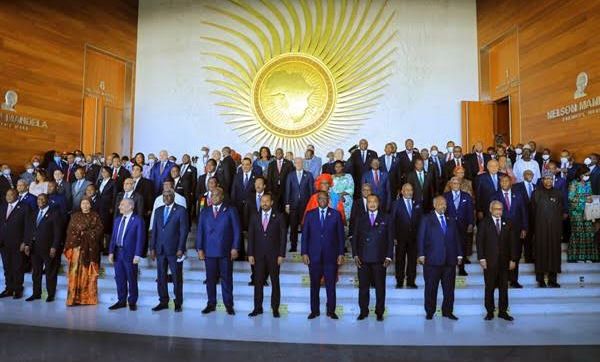Akinwumi Adesina, the president of the African Development Bank (AfDB), has highlighted that Africa suffers annual losses between $7 billion and $15 billion due to climate change.
In an interview with the BBC, Adesina noted that although Africa contributes just three percent of global emissions, the continent is severely affected by climate change, which wreaks havoc on its agriculture and economies.
“In response, the AfDBank has inaugurated ambitious initiatives to build resilience and adapt to a changing climate. The AfDB has committed to doubling its climate finance to $25 billion by 2030, focusing on the African Adaptation Acceleration Programme.
“This programme aims to deploy $25 billion for climate adaptation, making it the largest globally. Additionally, the AfDB has created a climate action window with an initial investment of $429 million, expected to grow to $13 billion,’’ he said.
Mr Adesina said this window supports vulnerable countries with crop insurance, land restoration, and climate information services. He said Innovative financial mechanisms played a crucial role in supporting these climate adaptation initiatives.
Mr Adesina said the bank had begun using partial credit guarantees, which enabled countries like Benin, Senegal, and Cote d’Ivoire to raise significant capital at lower interest rates.
“For example, Benin raised $400 million from Chinese investors using a $195 million partial credit guarantee. The AfDB also facilitated Egypt’s Panda Bond issuance, allowing the country to secure 500 million dollars from Chinese markets.
“These financial innovations reduce the cost of borrowing for African countries and encourage long-term investments in climate resilience. In spite of the challenges posed by climate change, Africa is leading the charge in innovative solutions and sustainable development,” he said.
Therefore, the AfDB boss said that the global financial architecture was not serving Africa’s interests very well and required change.
On Special Drawing Rights, SDRs, he said the bank was championing the course on the need for Africa to take those SDRs and use them better.



